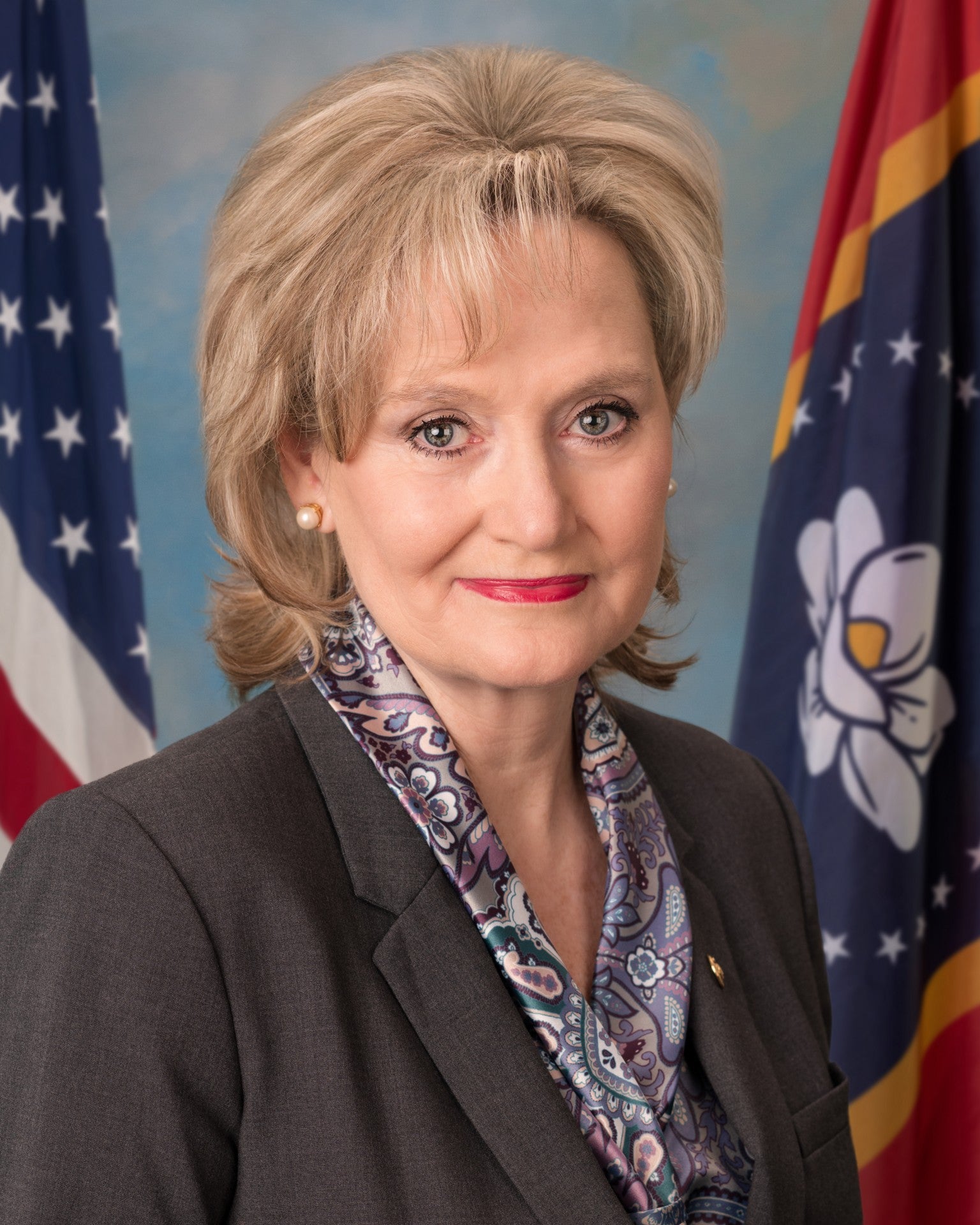Hyde-Smith Says USDA Must Act to Offset Catfish Losses Due to Bird Predation
Published 1:28 pm Thursday, May 27, 2021
U.S. Senator Cindy Hyde-Smith (R-Miss.) today highlighted the staggering losses caused by bird predation on Mississippi catfish ponds in an effort to prod the U.S. Department of Agriculture to cover those costs under an emergency assistance program.
Hyde-Smith focused on bird predation losses at a Senate Agriculture Committee confirmation hearing for Janie Hipp of Arkansas to serve as USDA General Counsel nominee.
Hyde-Smith took issue with the lack of action on a directive she authored in the FY2020 and FY2021 appropriations laws for the USDA to modify regulations to make farm-raised fish producers eligible for death losses under the Emergency Assistance for Livestock, Honeybees and Farm-Raised Fish. Program (ELAP) and to deem bird predation and disease as eligible loss conditions.
“ELAP is supposed to be for producers who are not covered under any other USDA disaster assistance program, such as the Livestock Indemnity Program. Catfish producers are not covered under any other program,” said Hyde-Smith before providing an example on how easily a catfish producer can lose about $21,000 over two weeks when cormorants settle on a catfish pond.
“To me, that certainly sounds like a disaster – an emergency. The joint explanatory statements accompanying the FY20 and FY21 omnibus appropriations bills direct USDA to update its ELAP regulations so that farm-raised fish producers are eligible for death losses due to bird predation,” Hyde-Smith said. “Can you elaborate on any legal reasons why USDA cannot, or should not carry out this directive from Congress?”
Hipp, noting her familiarity with the hardships facing the catfish industry, said the ELAP modification issue would be on her “top five list,” if confirmed.
“I’m passingly familiar with the whole arena of crop insurance and disaster assistance and things of that nature. I will commit to you that I will have this on my top five list when I walk in the door, if confirmed. I will get back to you on this. I need to unpack where we are with the regulations and see what next needs to be done,” Hipp said.
In March, Hyde-Smith cosponsored the Cormorant Relief Act to restore U.S. Fish and Wildlife Service regulations from 2014 to allow producers to fight the cormorants, which threaten the livelihoods of aquaculture operations in Mississippi, Arkansas, Alabama, and other states.
Cormorant populations have increased dramatically in recent decades. A two-year study published in 2012 of double-crested cormorant feeding on farm-raised catfish in Mississippi during the winter months, found that cormorant depredation represents an annual estimated economic loss of $34.3 million to $73.4 million.



